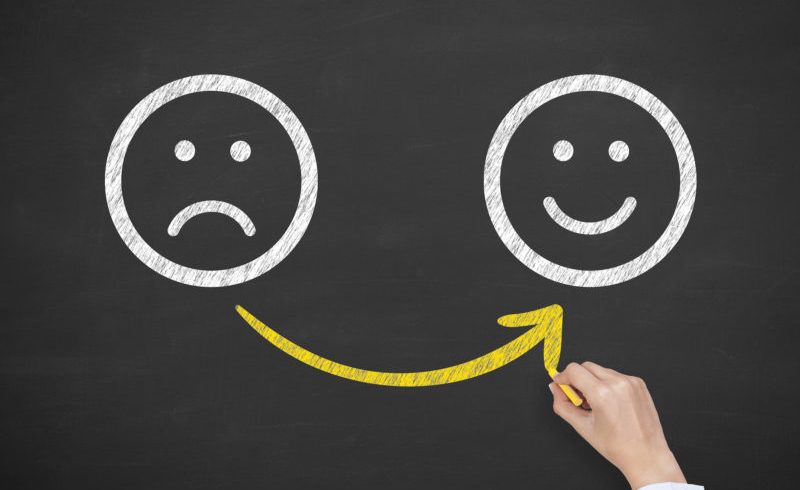 Most of us probably don’t believe we need a formal definition of happiness; we know it when we feel it, and we often use the term to describe a range of positive emotions, including joy, pride, contentment, and gratitude.
Most of us probably don’t believe we need a formal definition of happiness; we know it when we feel it, and we often use the term to describe a range of positive emotions, including joy, pride, contentment, and gratitude.
But to understand the causes and effects of happiness, researchers first need to define it. Many of them use the term interchangeably with “subjective well-being,” which they measure by simply asking people to report how satisfied they feel with their own lives and how much positive and negative emotion they’re experiencing. In her 2007 book The How of Happiness, positive psychology researcher Sonja Lyubomirsky elaborates, describing happiness as “the experience of joy, contentment, or positive well-being, combined with a sense that one’s life is good, meaningful, and worthwhile.”
That definition resonates with us here at Greater Good: It captures the fleeting positive emotions that come with happiness, along with a deeper sense of meaning and purpose in life—and suggests how these emotions and sense of meaning reinforce one another.
Hi! I am a robot. I just upvoted you! I found similar content that readers might be interested in:
https://greatergood.berkeley.edu/topic/happiness/definition
Downvoting a post can decrease pending rewards and make it less visible. Common reasons:
Submit
thanks
Downvoting a post can decrease pending rewards and make it less visible. Common reasons:
Submit
Congratulations @motarek! You received a personal award!
Click here to view your Board
Downvoting a post can decrease pending rewards and make it less visible. Common reasons:
Submit
Congratulations @motarek! You received a personal award!
You can view your badges on your Steem Board and compare to others on the Steem Ranking
Vote for @Steemitboard as a witness to get one more award and increased upvotes!
Downvoting a post can decrease pending rewards and make it less visible. Common reasons:
Submit